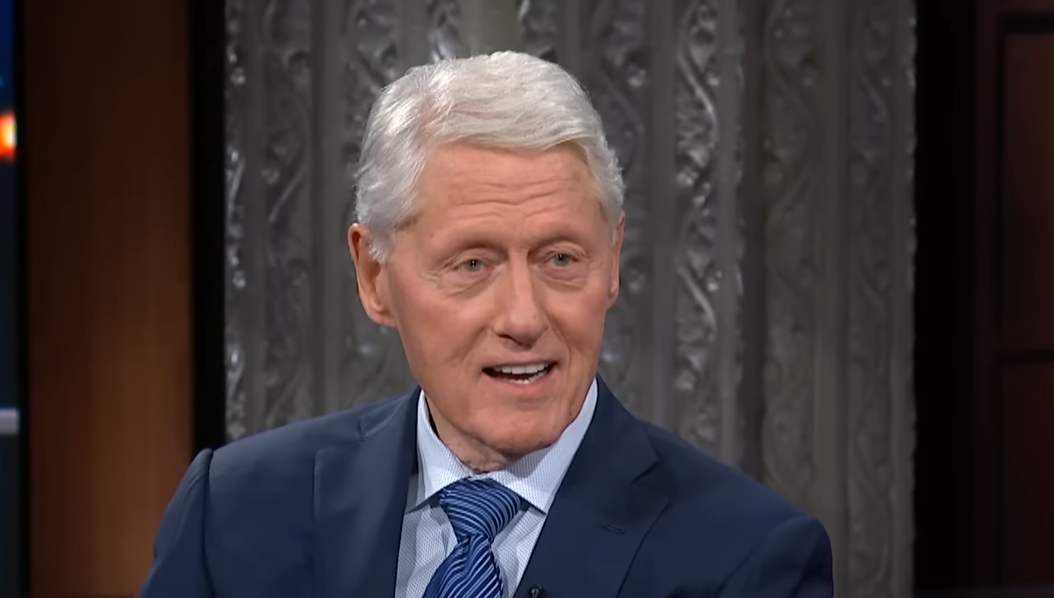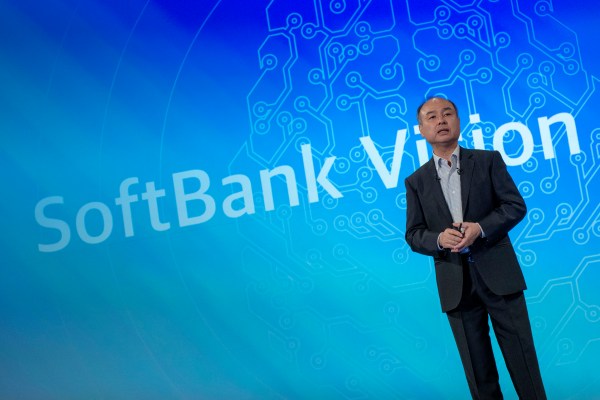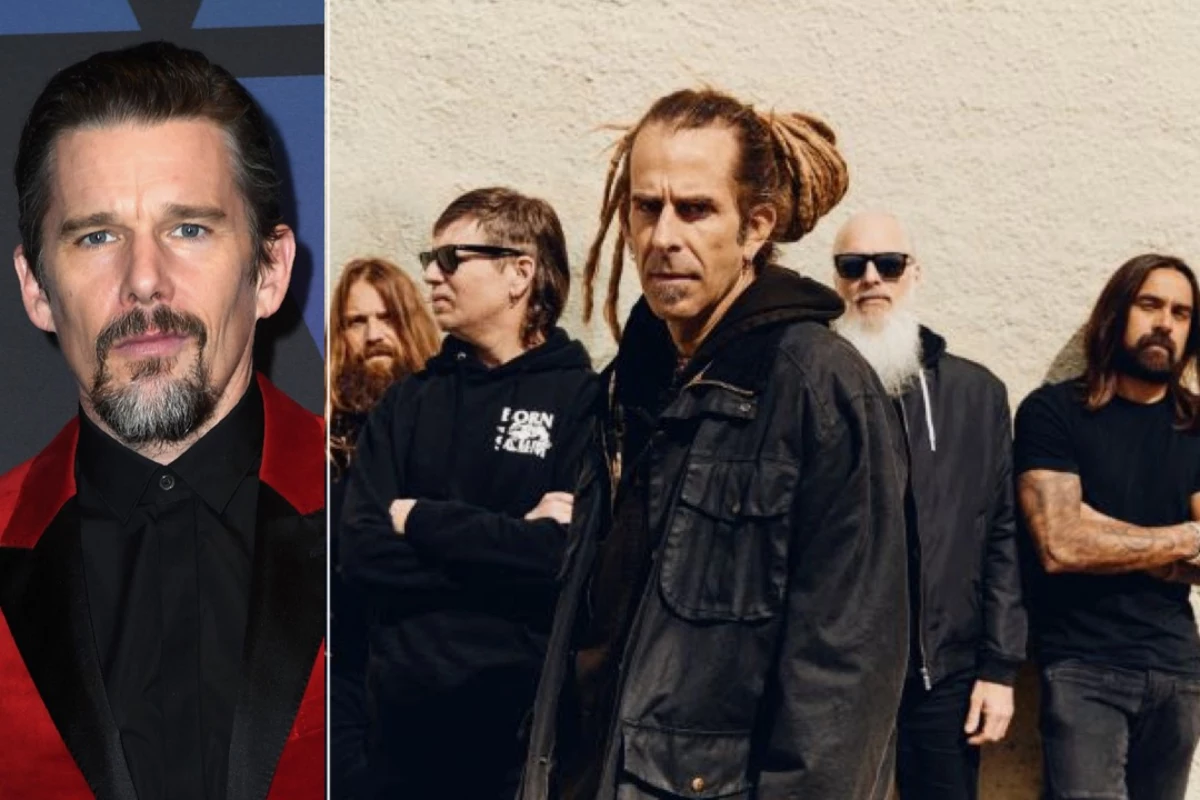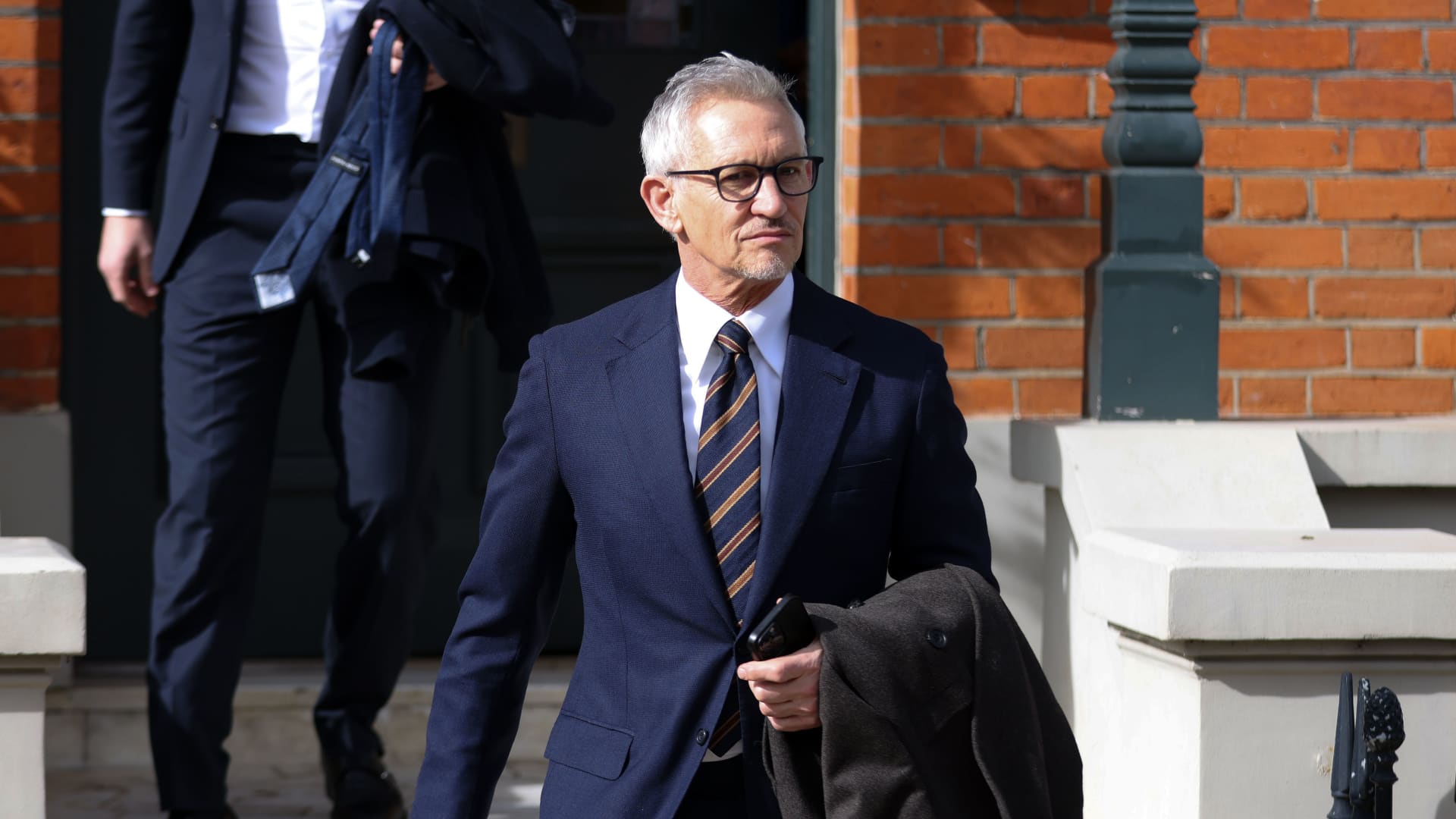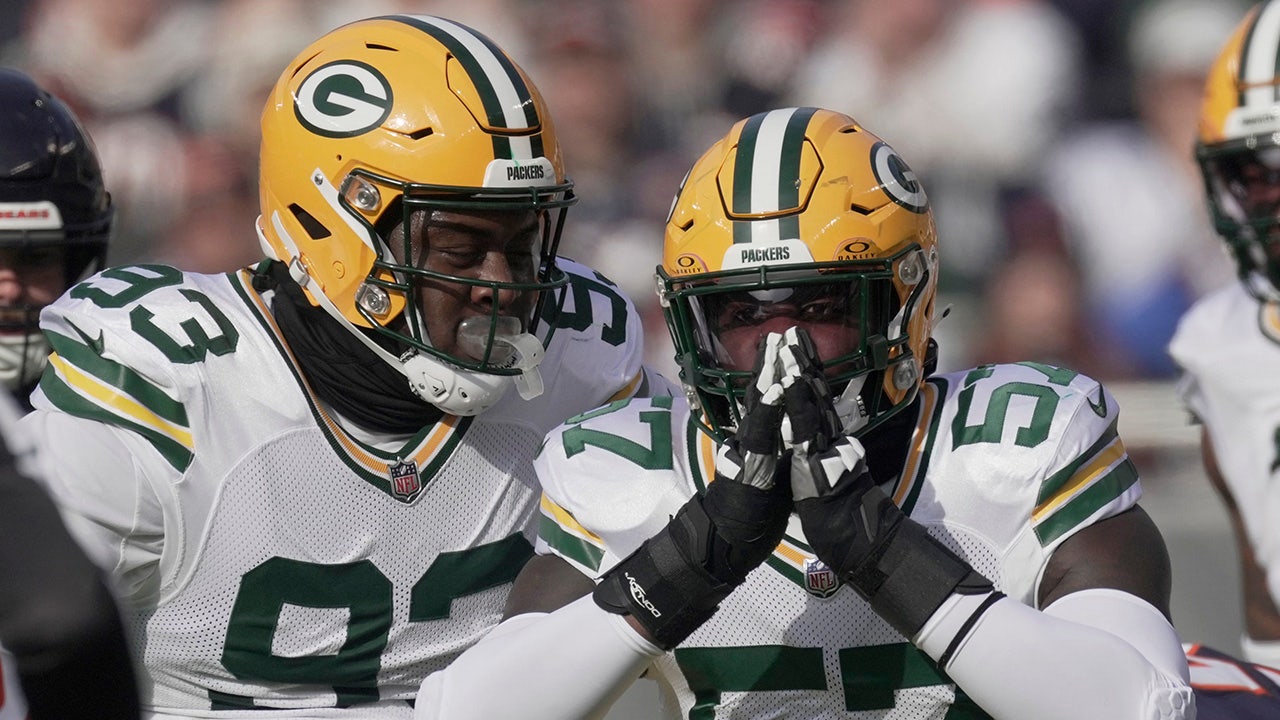If SoftBank investors were already feeling shaken by the conglomerate’s poor performance this year, a news release out of the company tonight isn’t exactly going to assuage their concerns.
The big news? French businessman Michel Combes, who was appointed as CEO of SoftBank Group International in January after longtime SoftBank lieutenant Marcelo Claure left the company over a pay dispute, is now also leaving the company.
Combes has followed Claure’s moves before. Claure was previously CEO of SoftBank-controlled Sprint from 2014 until 2018, after which Combes took over as CEO until the spring of 2020, when, to SoftBank’s great relief, Sprint’s merger with T-Mobile received regulatory approval. (SoftBank had taken control of a flagging Sprint back in 2012 with the hopes of turning the company around. Meanwhile, Combes had earlier logged time as the CEO of Vodafone Europe, Alcatel-Lucent and Altice, so was seemingly a good fit for the role.)
Whether or not it’s deserved, Combes also takes some credit for WeWork’s transition into a public company last fall, when WeWork merged with a blank-check company. (Claure famously stepped in as executive chairman of the shared office space company in the fall of 2019 when SoftBank, a major investor in the business, gave it a financial lifeline after plans for a traditional IPO collapsed.)
Indeed, in that SoftBank release about the management change-up, Combes seems to be preparing for his next role by ticking off his numerous accomplishments.
“It has been a pleasure to work with Masa and the talented teams across SoftBank,” reads his statement. “I am departing SoftBank proud of having achieved what I set out to do here, including turning around Sprint and executing its merger with T-Mobile, repositioning WeWork and successfully taking it public, and, most recently, the integration of the SoftBank Latin America Funds into the Vision Fund, as well as overseeing SoftBank’s strategic investments in French and European portfolio companies.”
SoftBank CEO Masayoshi Son is meanwhile quoted as saying: “I want to thank Michel for his crucial contributions to SoftBank over the past five years. He has played a critical role in some of our most important investments and assets, and I wish him all the best with his future plans. I’m glad he will remain part of the SoftBank family by continuing to represent us on various portfolio company boards.”
As for why Combes would be leaving so abruptly, the release doesn’t offer much other than that he “has decided to leave SoftBank to pursue new opportunities.”
While Combes is replaced by yet another SoftBank executive — Alex Clavel, a managing partner at SoftBank Group International who joined the firm almost seven years ago — the move is certain to undermine the narrative by SoftBank that it’s getting its business back on track after a bruising by external forces, from China’s crackdown to rising interest rates to Russia’s war on Ukraine.
His departure marks just one is a growing number of SoftBank employees to exit the company, including Claure but also, last year, seven managing partners, including its most senior managing partner, Deep Nishar, who joined General Catalyst as a managing director.
More people have left in 2022, including Ronald Fisher, Son’s longest-serving lieutenant (he joined SoftBank in 1995) and two of the three managing partners at SoftBank’s Latin America Fund, who announced in spring that they were spinning up their own venture business.
SoftBank appears poised to shrink further still.
In the first half of last month, the company said it lost more money in its last fiscal year than it ever has—$13.2 billion—and that it will cut back its pace of new investments. The market has only sunk lower since, putting more pressure on the firm’s many investments.









